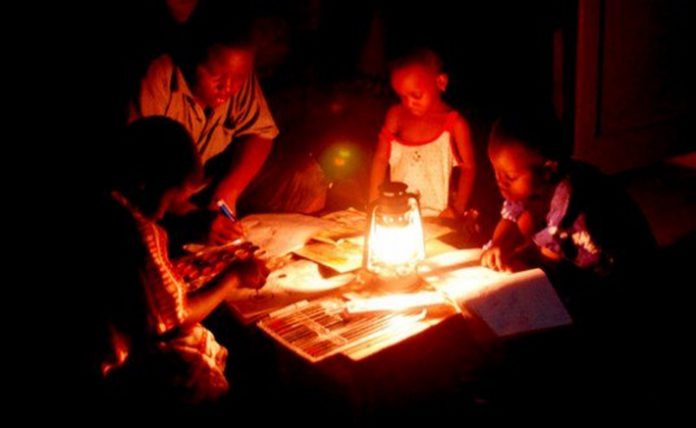The Institute for Energy Security (IES) has attributed Ghana’s ongoing ‘dumsor’ crisis to persistent power generation deficits, which existed well before the recent gas supply challenges announced by the West African Gas Pipeline Company (WAPCo).
According to IES, Ghana has been grappling with significant shortfalls in power generation throughout 2024, exacerbating the situation even before WAPCo’s announcement.
Data from the Energy Commission shows that as of December 26, 2023, Ghana’s system peak load was 3,618 MW, marking a 4.3% increase from the previous year.
The projected peak load for 2024 is 3,788 MW, a 4.7% rise from 2023. Despite this, average power generation at peak periods (10 pm) from January to June 4, 2024, has been only 3,188.12 MW. This shortfall, which ranges between 429.88 MW and 599.88 MW, highlights a chronic generation deficit that has led to continuous dumsor.
The IES emphasized that this generation deficit, averaging about 600 MW, has been the primary cause of the power outages, independent of WAPCo’s recent gas supply issues.
Although WAPCo’s challenges are expected to worsen the situation, the IES pointed out that the deficit in power generation predates these gas supply problems.
The IES also noted that Ghana’s thermal power plants could potentially alleviate the crisis by switching from natural gas to alternative fuels such as Light Crude Oil (LCO) or Heavy Fuel Oil (HFO).
With an installed generation capacity of 5,194 MW and a dependable capacity of 4,756 MW, excluding embedded generation, Ghana has the technical capacity to meet and exceed its peak demand if logistical and financial measures are taken to utilize these alternative fuels.
The IES stressed that the root cause of the dumsor crisis is a pre-existing power generation deficit rather than the recent gas supply disruptions.
The IES called for comprehensive strategies to address the generation shortfall and optimize the use of available resources to mitigate the power crisis effectively.

